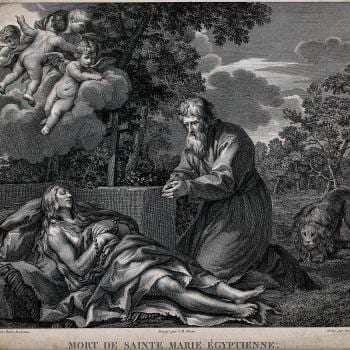Eucharistic adoration is a treasured Western devotion to Christ. There is good with it, because the faithful go to Christ and adore him. It is always good to adore Christ, because, as God, he is not only love, but the source and foundation of all love. But, despite how popular a devotion it is now, eucharistic adoration is a rather recent innovation. As Móses Nóda writes, “In earliest Christianity, there was no Eucharistic worship outside the celebration. At an early... Read more
















